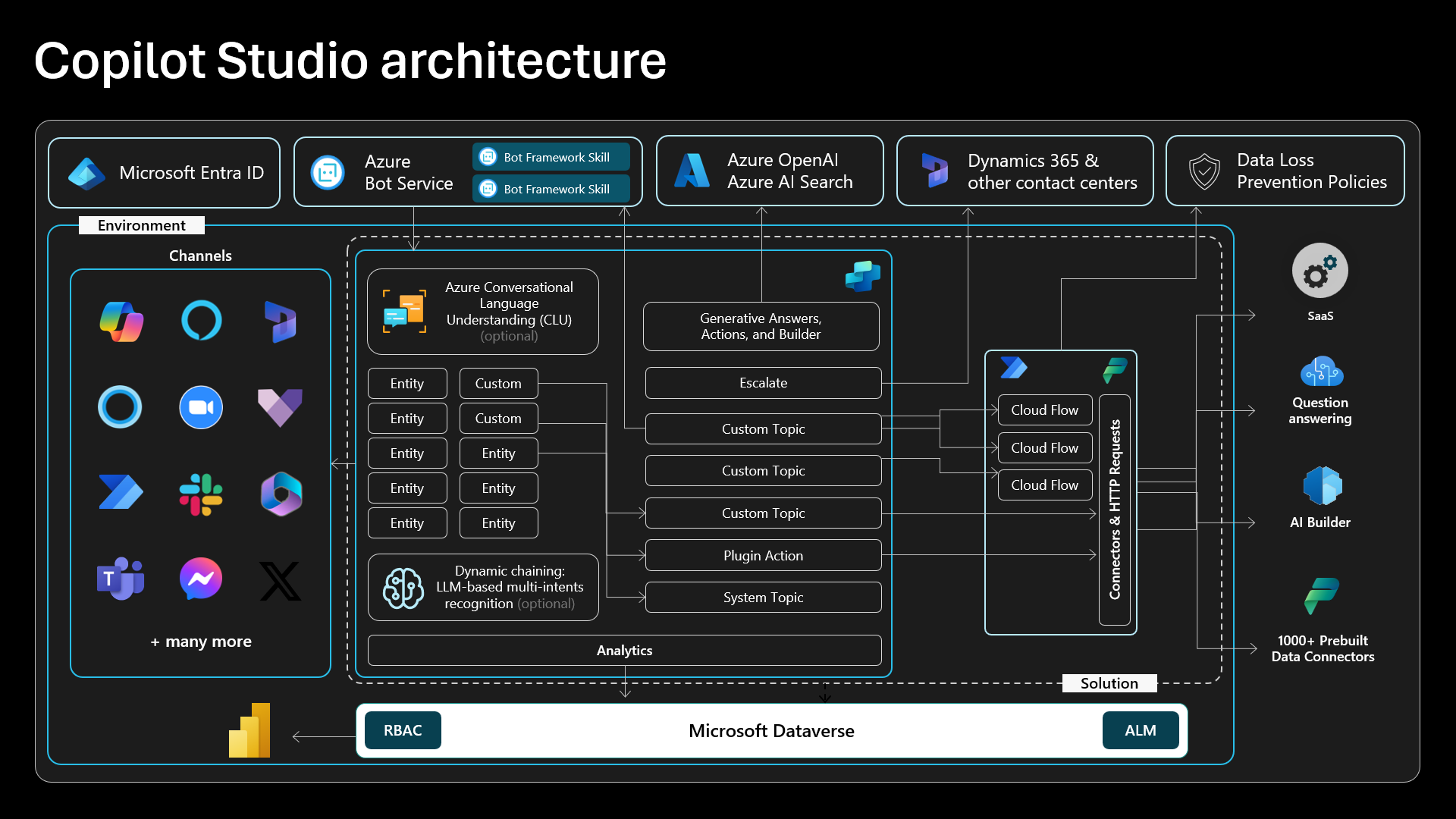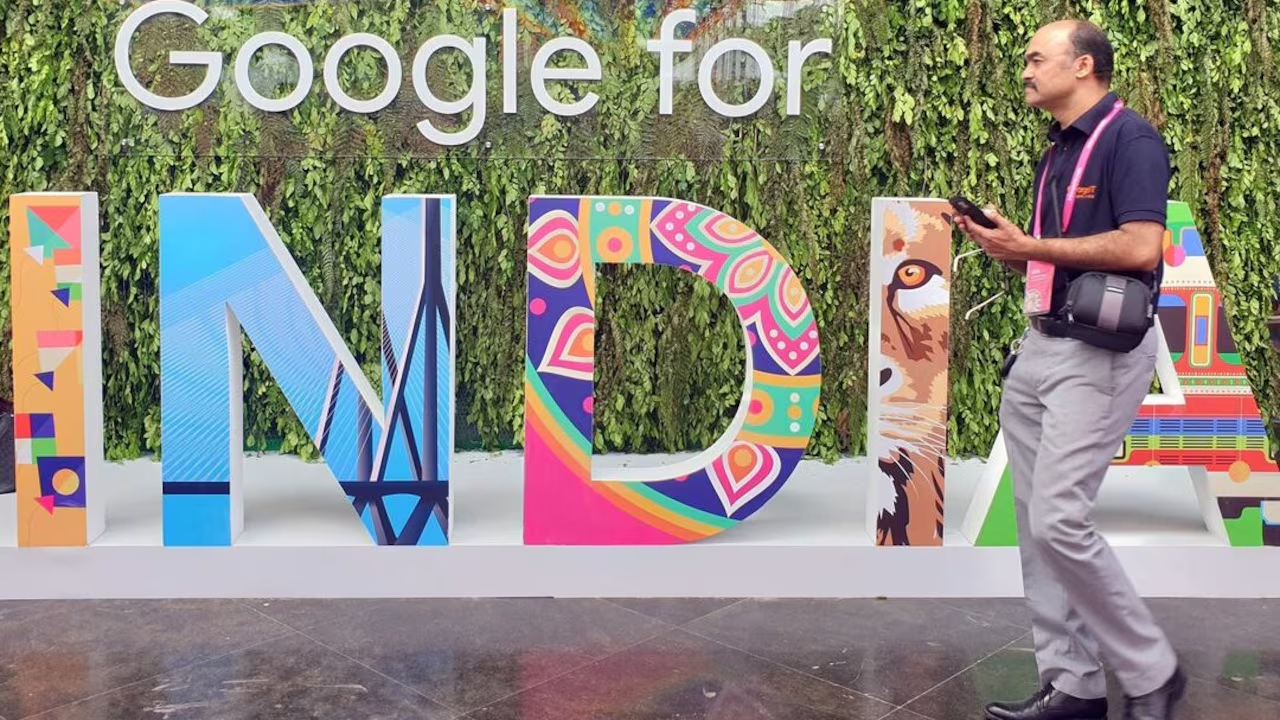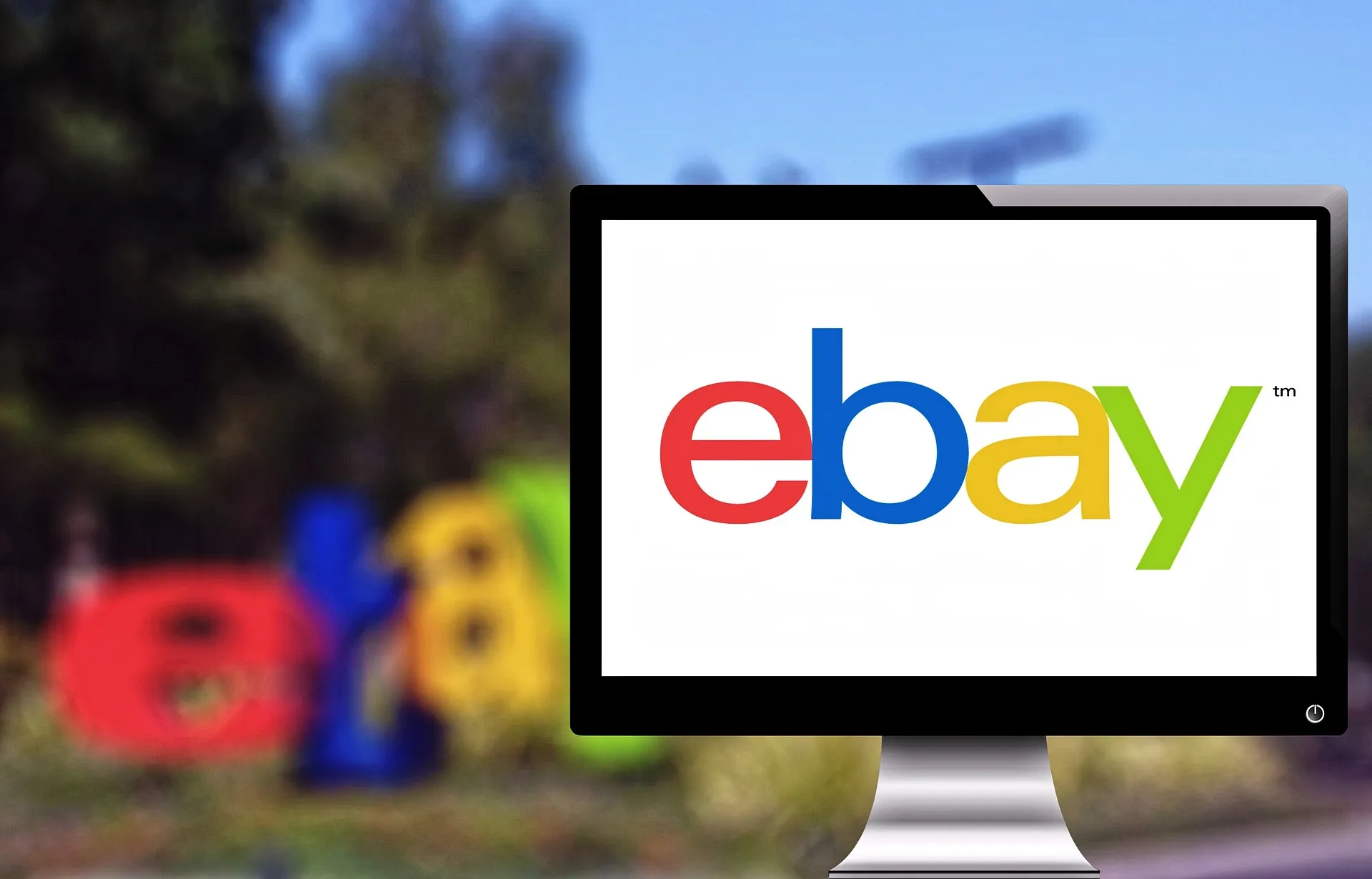
Google Challenges Judge's Ruling to Open Android to Third-Party App Stores
Websites & Apps
Zaker Adham
11 October 2024
16 September 2024
|
Zaker Adham
Summary
Summary
Microsoft is significantly enhancing its Microsoft 365 suite by integrating more AI-powered Copilot technology into applications like Excel, PowerPoint, Outlook, and Teams.

These updates, part of the Copilot Wave 2 rollout, include features such as drafting PowerPoint presentations and prioritizing emails in Outlook.
Additionally, Microsoft introduced Copilot Pages, a new collaborative tool that allows teams to access, edit, and manipulate data on a single page using Copilot's capabilities. The company also launched an agent builder option, enabling users to create AI-powered agents to automate business processes with ease.
These advancements are part of Microsoft's broader strategy to embed AI across its extensive range of business software products, aiming to outpace competitors like Google and Salesforce and capitalize on its substantial AI investments. Microsoft reports a 60% increase in Copilot users quarter over quarter, with daily usage doubling. Vodafone, for instance, is acquiring 68,000 Copilot licenses for its 100,000 employees, citing an average time savings of three hours per week per employee.
The new Copilot features are designed to enhance worker efficiency, from tracking meeting transcripts and chats to adding references in Word documents. The Copilot agent builder in Copilot Studio allows companies to create customized AI agents without extensive technical knowledge. This flexibility is crucial, as different companies have unique data sources, workflows, and processes.

For example, a company can use Copilot Studio to create an agent that helps new employees understand their health benefits by pulling relevant information from company documents. This ensures employees get the information they need without navigating multiple resources.
Microsoft's Copilot software is a key component of its push into the generative AI space, including its investment in OpenAI, the developer of ChatGPT. This focus on AI has contributed to a more than 30% increase in Microsoft's stock price over the past year, compared to a 14% rise for Google parent Alphabet.
In its latest earnings report, Microsoft announced that its Intelligent Cloud segment, which includes Azure services, generated $28.5 billion in revenue, slightly below Wall Street's expectations. Despite a 19% year-over-year revenue increase, the news led to a drop in Microsoft's share price.

Websites & Apps
Zaker Adham
11 October 2024

Websites & Apps
Zaker Adham
05 October 2024

Websites & Apps
Zaker Adham
05 October 2024

Websites & Apps
Zaker Adham
01 October 2024